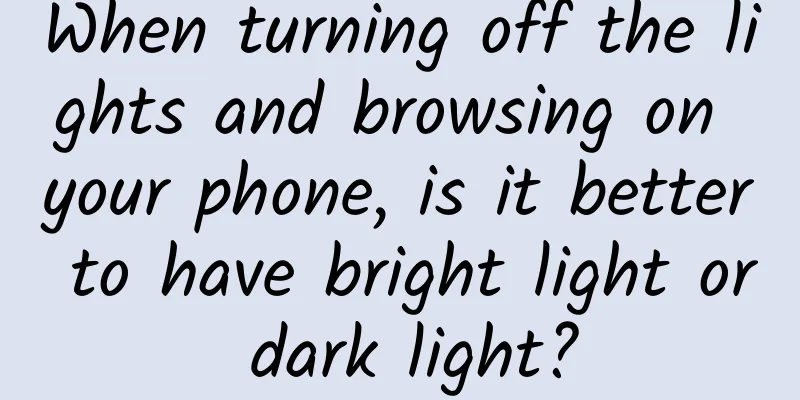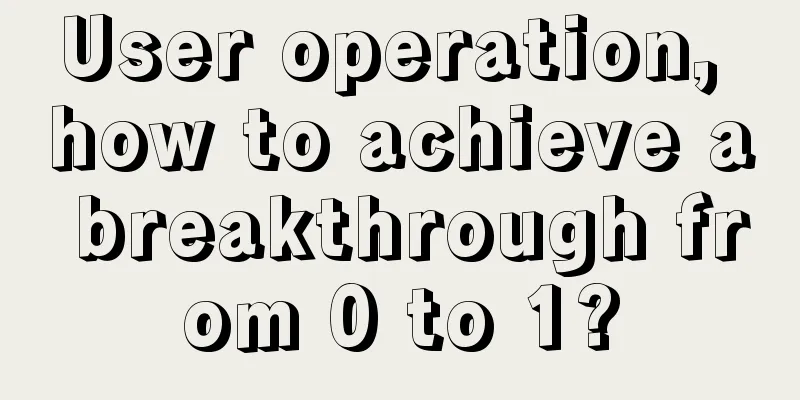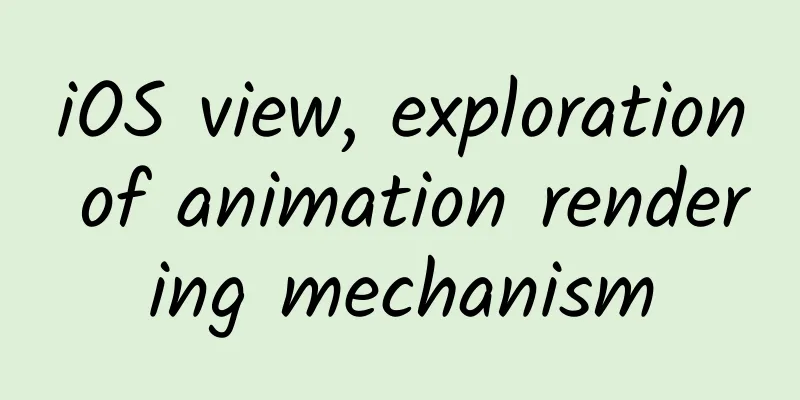When turning off the lights and browsing on your phone, is it better to have bright light or dark light?

|
I wonder if you are like Rong Ge, and like to check your phone before going to bed? This habit is certainly not good, and you can't stop it, which affects your sleep. But after watching it, should I turn on the light? Is it better to have a bright or dark screen? First, let's review the physiological structure of the eye. Simply put, you can imagine the eye as a sophisticated camera for easier understanding. The structures of the eye that are most relevant to refractive imaging are the cornea, pupil, lens, and retina. The cornea is colorless and transparent, rich in nerve endings, and sensitive; it protrudes slightly forward, similar to a sphere, and has a strong light refraction effect, corresponding to the lens of a camera. The light reaches the pupil after being refracted by the cornea. The pupillary sphincter and pupillary dilator can control the size of the pupil and adjust the amount of light entering the eye, which is the aperture. The light then reaches the lens, which is an elastic, biconvex transparent tissue that is suspended and fixed behind the pupil. This is actually the convex lens taught in junior high school physics, and its most unique feature, and the most amazing thing, is that it can adjust the convexity and control the degree of refraction of light. Although the principle is different from that of camera focusing, the effect is the same, allowing the eyes to see clearly both far and near. Behind the lens is the vitreous body. Light finally passes through the vitreous body, converges into a focus, and falls on the retina. The retina is rich in photoreceptors and pigment cells, which sense light and color and convert light signals into nerve signals. These are then transmitted to the brain through the optic nerve, processed in the visual center of the brain, and ultimately form the image we see. Having said so much, let's go back and look at what happens when you turn off the lights and use your phone. First, the eyes must capture the right amount of light. When the lights are turned off, it's dark, and the pupil dilator muscle will dilate the pupil to let in more light. But your palm-sized phone screen is bright. The pupil sphincter has to quickly shrink the pupil to reduce the amount of light intake. It's impossible to have both big and small at the same time, and the pupil can only keep adjusting. Working overtime at night is really tiring. In addition, there is another on-duty chamber next to the pupil, which is called the anterior chamber, which is filled with colorless and transparent aqueous humor. The pupil is constantly busy and will block the circulation of aqueous humor, resulting in poor circulation and increased intraocular pressure. This high pressure will make anyone uncomfortable. If your eye condition is not very good, or if you have a family history of glaucoma, you should pay more attention to it. If you are not careful and get acute glaucoma, it is no joke! Therefore, remember to turn on the headlights when browsing your phone at night! What if the lights are off, but you still can't help but want to watch? Then Brother Rong suggests that you can dim the brightness of the phone screen. Of course, because less light enters the eyes, it is more difficult for the retina to form a clear image. The brain will keep issuing instructions to adjust the convexity of the lens so that the only light can fall on the retina more accurately. The lens is pulled by the ciliary muscle, and it keeps adjusting and contracting, striving to make the lens reach the optimal angle, which is tiring enough. In the long run, I guess you can guess that in addition to visual fatigue, it will also lead to a decline in the adjustment function of the ciliary muscle and worsening myopia. So should we turn the screen brightness back? No, too big a difference in light can also cause visual fatigue. What's more serious is that the pigment cells on the retina that absorb light will also be fatally damaged. Although it won't kill you all at once, it will reduce your lifespan. You know, these cells are non-renewable, and one less when you lie down. A study tested the degree of eye fatigue at different screen brightnesses, which can give us a reference. When the bedroom light is on normally, the screen brightness is adjusted to 60% for best results. When only the desk lamp is on, a 40% screen brightness is better. If you turn off the lights and still insist on playing with your phone, you can consider adjusting the screen brightness to 20%. But these are just stopgap measures to pick a general among dwarfs. Protect your eyes, we will need them for a long time, so be frugal. |
<<: Outrageous! I got tanned at the beginning of summer? How can I get my skin white again quickly?
>>: Dancers in the fields? A poetic revolution in mechanized sowing!
Recommend
As flu season approaches, how should we get vaccinated?
Produced by: Science Popularization China Author:...
《Lao Duan said: Ultra-HD box》
Duan Youqiao, an iQiyi artist, today I suddenly w...
Domestic opinion is that this is normal: Apple App Store revenue is 70% higher than Google App Store
On April 16, data released by global app data ana...
Doushang Commune "Doudian Operation Complete Series Course"
Resource introduction of Dou Shang Commune's ...
Should brands still advertise?
Whether or not to advertise is probably a questio...
Domestic mobile phone market shipments in the first two months of 2021 reached 61.879 million units
On March 11, the China Academy of Information and...
Apple releases security response updates to iOS/iPadOS 16.5.1 and macOS 13.4.1
July 11 news, Apple today for iOS / iPadOS 16.5.1...
A must-have guide for live streaming e-commerce operations for newbies!
Do you know what the three main elements of live ...
Top 10 channels for APP operation and promotion!
As an Internet operator and promoter, do you know...
Google's official MVP sample code reading notes
Unraveling the project structure According to int...
Update or real improvement? A quick overview of the highlights of WeChat's latest beta version
[[389439]] A few days ago, WeChat PC version was ...
Dating Multiplication Technique online reading book, Dating Multiplication Technique pdf Baidu network disk download
Dating Multiplication Technique online reading bo...
Interaction between Silicon Valley and Chinese venture capital: Who will be the “buyer” of AR and VR?
There is no doubt that AR and VR are one of the h...









